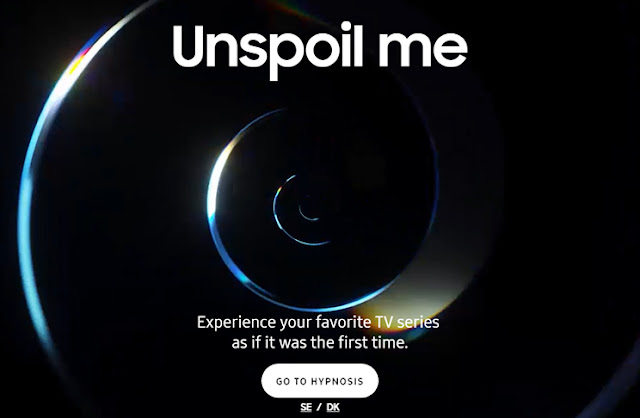Last week, Michael Morgenstern intellectualized disinformation at
The Chronicle of Higher Education:
Dear Humanities Profs: We Are the Problem. Dismayed about American politics? Look in the mirror.
Morgenstern stated that postmodern theorists attacked the canon in the second half of the 20th century. According to these theorists, the western canon in arts and literature (and
science) was a story of oppression, often intended, sometimes unconscious. This dominant account was written by Dead White Males. The period from the 1970s to 2010s was spent dismantling that canon, attacking power and privilege in the name of liberal civil rights and equality.
This approach extolled cultural relativism: there was no objective truth, no higher class of knowledge, no text, no vision of cultural superiority which could be offered as a mode of control (subtext: unless it was the new, divergent, relativist, postmodernist canon).
The Age of Divergence
Morgenstern has realized that this attack on cultural and intellectual convergence brought about our present circumstances. Postmodern literary critics had stated that every text was equal. Every text had its own 'civil rights.' Boomer intellectuals and their Gen X students recovered silenced voices, women writers, slave poets, indigenous histories, minority views. This was understandable and justified, because so many people had been mistreated and oppressed for decades, centuries, millennia. Without their voices, our histories were incomplete and our whole understanding of reality would be based on injustice and immorality.
However, this recovery of lost texts was also done in the name of undermining established experts and authorities. This was really a generational power struggle inside the academic profession, but it was dressed up in and justified with theory. Old tenured professors were unseated, early-retired, or pushed out. The aim was to supplant the older generation of intellectuals (viewed as 'the 1950s') with a radical new generation (defined as '1968'). But time has finally caught up with the 1968ers, who are now retired or retiring.
It's not as simple as this, but broadly speaking, this is Morgenstern's summary of how radical liberals attacked conservative authorities of the 1950s and built new intellectual value systems from the 1970s onward.
Morgenstern concluded that the liberals were successful. As a result, we now live in a world where no text is taken as true or accepted solely on the basis of the authority of its author or publisher. Unfortunately for this stratum of intellectuals, they now claim expertise, and
by their own logic find themselves attacked, just as they once dismantled the institutional and cultural structures which came before them. Only one
Chronicle reader, rebek13, pinned down Moregenstern's idea:
"I'm confused by other commenters who seem to have missed the main points I took from this, which were not so much about 'the canon' at all, which the author admits had exclusionary tendencies (though it need not).
What I see here is a critique of our abdication of the very idea of expertise, excellence, and beauty--literary studies serving as a prime example, but only that. We have in a postmodern haze suggested that tweets are just as good as texts, and that anyone's opinion on literature, philosophy, or history is really probably just as good as the expert who has spent years studying these fields. In doing so, we have made ourselves absolutely pointless and suggested the uselessness of our very fields.
Isn't it very odd that professors of literature have such poor defenses of the study of long, dense literary texts? Isn't it odd that many of my colleagues have turned to facebook comments and recipe books as objects of study (not scrutiny, ever, but study) as though these articles were just as precious as a novel? Why should students understand the value of a long text if we are saying 'everything is literature; nothing is any more worthwhile than anything else'?
It's funny. Colleagues with creative writing backgrounds seem to have a much more profound and certain appreciation of literature than those who spend their lives studying it. They would never suggest that a tweet could achieve the same things as a book. They are not that far gone.
The solution as I see it is not a return to canon as much as a return to the idea that some modes of thought and expression ARE better than others, and that experts are in a pretty good position to tell people how and why. Then we need to be those experts."
In short, due to the Internet, we are awash in oceans of information; and the very people who were supposed to decide what information was authoritative
staked their own authority over the past fifty odd years on the deconstruction of privilege around information. This overhaul was supposed to offer new freedom for disempowered liberals in the old, conservative system. It was not supposed to spell freedom for disempowered conservatives in the new, liberal system.




















